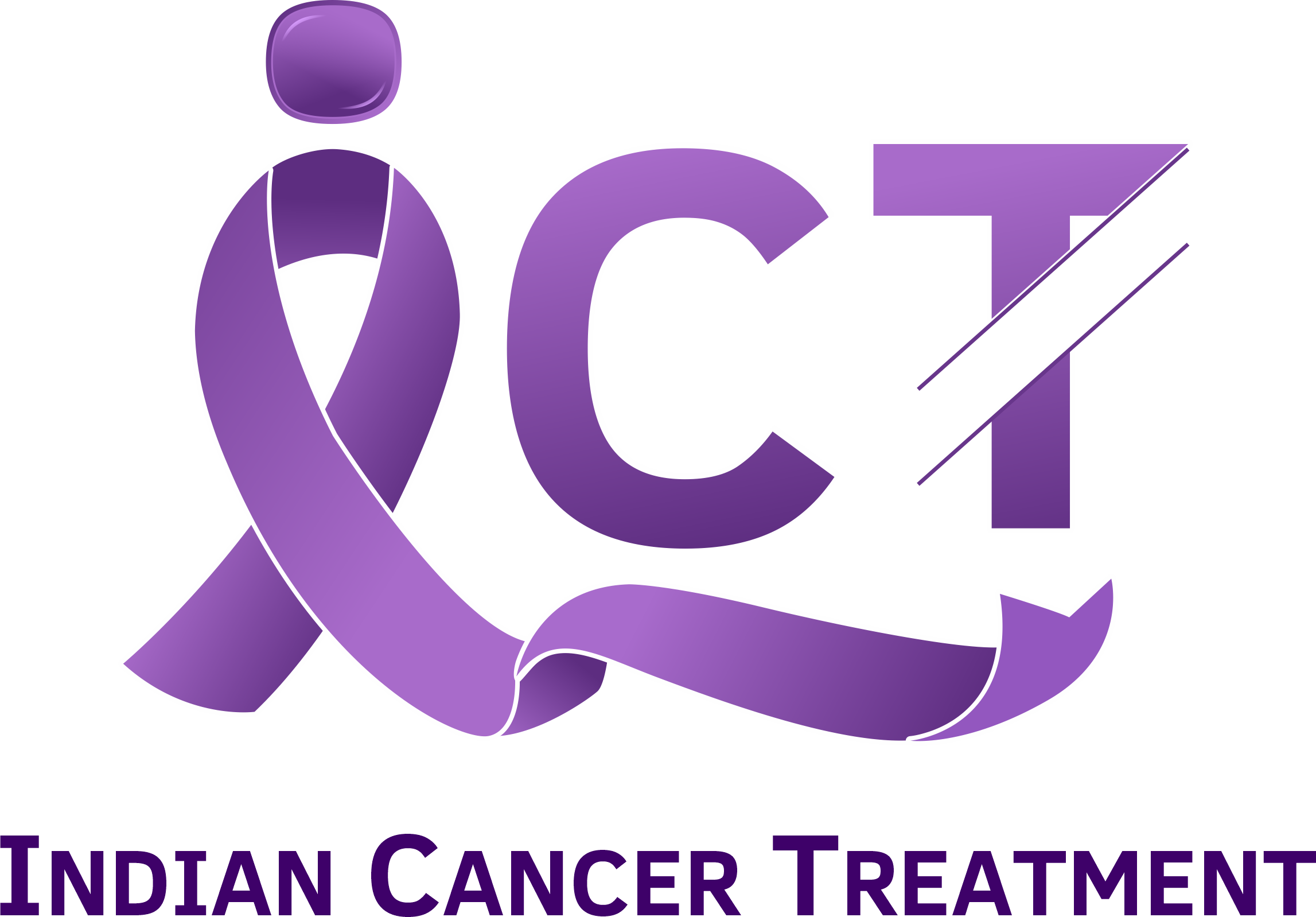Prostate Cancer: Understanding the Disease and Treatment Options
Prostate cancer is the second most common cancer among men, affecting millions worldwide. The disease develops in the prostate, a walnut-sized gland located below the bladder and responsible for producing seminal fluid. While most cases are slow-growing and potentially curable, advanced stages can become life-threatening. We need to understand that cancer is genetic but not hereditary but if someone in direct family is already got affected with any type of cancer, one should take extra precaution.
Understanding Prostate Cancer:

Symptoms:
Early stages often present no symptoms, making regular screening crucial for early detection. As the cancer progresses, symptoms may include:
- Difficulty urinating
- Frequent urination, especially at night
- Painful urination
- Blood in urine or semen
- Erectile dysfunction
- Difficulty ejaculating
- Pain in the lower back, hips, or pelvis
Though these symptoms may not always represent prostate cancer only but you need to be aware of.
Diagnosis:
Prostate cancer is diagnosed through a combination of:
- Digital rectal exam (DRE): A physical examination by a doctor to check for abnormalities in the prostate.
- Prostate-specific antigen (PSA) test: A blood test measuring PSA levels, often elevated in cancerous conditions.
- Biopsy: Removal of tissue samples for examination under a microscope to confirm the presence of cancer.
Stages:
Prostate cancer is categorized into stages based on its spread:
- Stage I: Confined to the prostate
- Stage II: Locally advanced
- Stage III: Spread to nearby lymph nodes
- Stage IV: Metastasized to distant organs
Treatment Options:
Treatment options for prostate cancer vary depending on the stage, aggressiveness, and individual patient factors. Some common approaches include:
Active surveillance: For low-risk cancers, monitoring the cancer’s progression without immediate intervention may be advised.
Surgery:
- Radical prostatectomy: Removal of the entire prostate gland.
- Robotic-assisted laparoscopic prostatectomy: Minimally invasive surgery using robotic assistance for greater precision.
Radiation therapy:
- External beam radiation: High-energy beams directed at the prostate from outside the body.
- Brachytherapy: Radioactive seeds implanted directly into the prostate gland.
Hormone therapy:
Medications that block the production of male hormones, which fuel the growth of prostate cancer cells.
Cryotherapy: Freezing the prostate gland to destroy cancer cells.
Chemotherapy: Drugs used to kill cancer cells, typically for advanced stages.
Immunotherapy: Drugs that help the immune system fight cancer cells.
Clinical trials: Access to cutting-edge treatments through ongoing research studies.
Choosing the Right Treatment:
It’s essential to consult a urologist, oncologist, and other specialists to create a personalized treatment plan based on your specific needs and circumstances. Factors to consider include:
- Stage and aggressiveness of the cancer
- Age and overall health
- Personal preferences and desired outcomes
- Potential side effects and risks of each treatment
But whatever treatment one opts for, primary terms include:
- Start treatment as early as possible
- Get treated by only Oncologists (here in this case will be Uro-Oncologist)
- Do not wait for months to be treated in some famous hospital, instead choose a right cancer hospital where you can start treatment from Day-1
Conclusion:
Prostate cancer is a serious but treatable condition with various treatment options available. Early detection and diagnosis are crucial for achieving positive outcomes. Consulting with a qualified healthcare team can help you navigate the treatment process and make informed decisions about your health.
@websiteadmin

